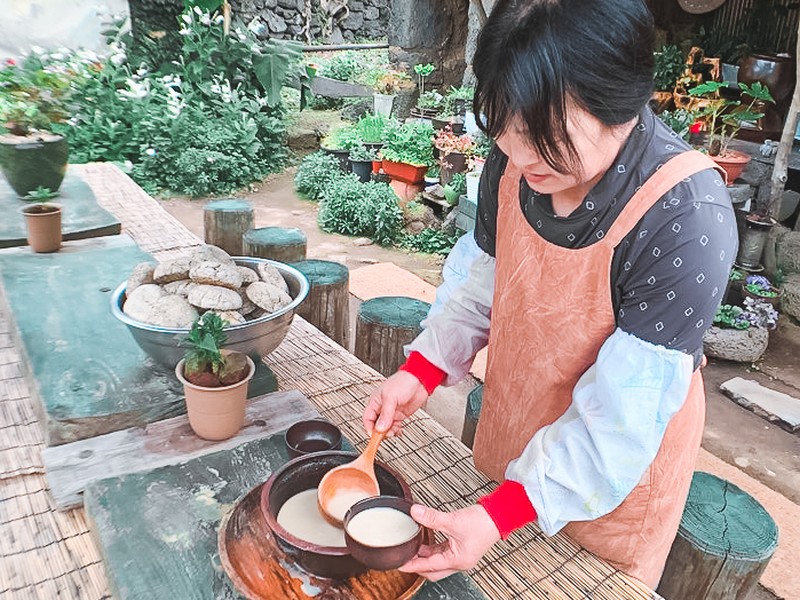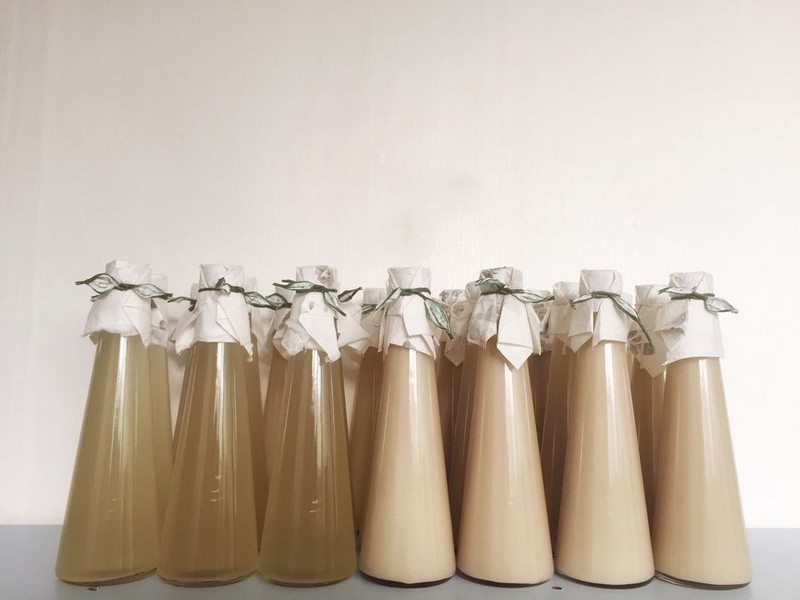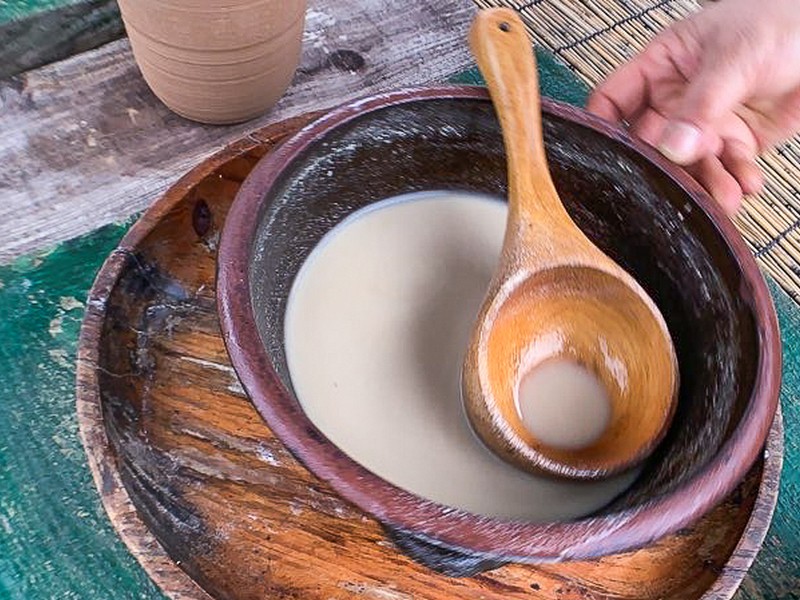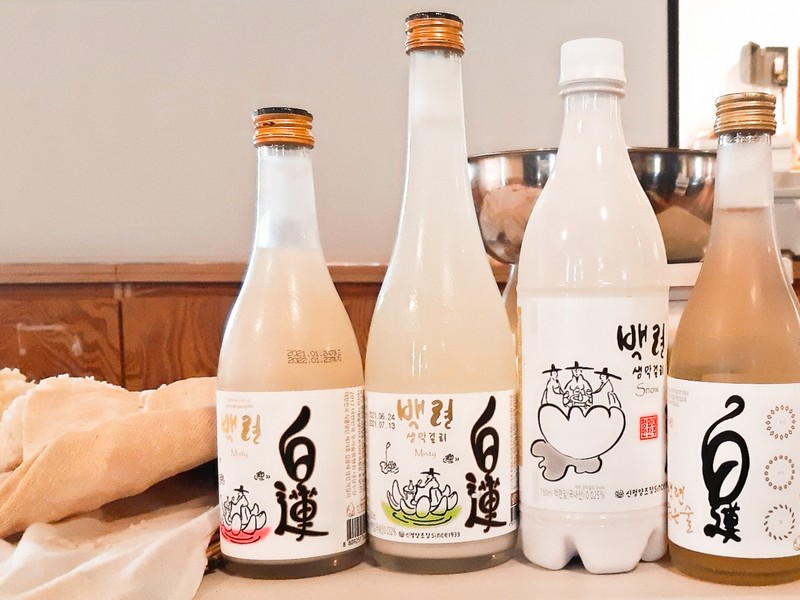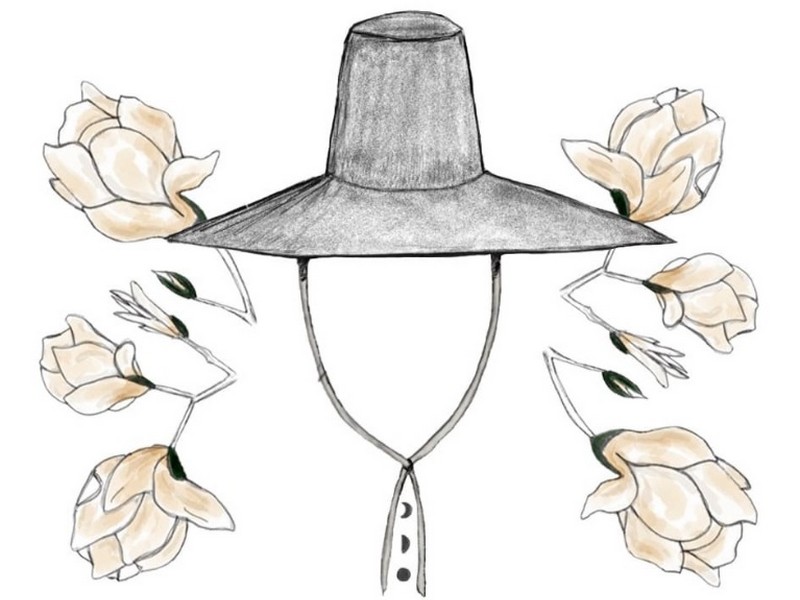KOREA | NETHERLANDS | GLOBAL
Introducing the First Korean Gin: Buja Gin
The face of the local Korean alcohol industry changes once again with the arrival of the first gin using Korean grown botanicals. Gin is without a doubt having a moment globally, as it has taken root in many local alcohol industries around the world. It has been interesting to watch its meteoric rise from cheap headache maker to quality artisan craft, not dissimilar to soju’s trajectory. But what has been the most fascinating part about this gin movement, is the way producers are incorporating local flavours and domestic aromatics. It was only a matter of time before we could see the first Korean gin enter the scene, and we are now excited to be able to expand our liquor cabinet to include ‘Buja Gin’.

The alcohol industry in Korea has undergone many changes in the last few years and it is exciting to watch. Despite soju being the highest-selling spirit domestically, other liquor categories such as whiskey, gin or vodka have yet to get their start in terms of local production. Distillation as a craft discipline is still quite unknown, with the allure of brewing commercial craft beer being far more compelling to the would-be brewmaster. With some notable exceptions in a handful of apple brandy distillers, the international liquor categories are still largely untouched.


In the Korean traditional alcohol industry, several new breweries have opened up in the last few years, adding more creativity and diversity to the world of makgeolli, cheongju and soju. Also as the craft beer scene has rapidly expanded, so too are we now seeing a rise in the hard cider industry. It was just a matter of time before gin made a splash.
What does Buja Gin mean?

If you’ve learned some Korean, the first sound of the name may make you think the branding means ‘rich’. However this gin is the work of a father and son team, and so they take the Korean terminology that means the relationship between ‘father and son’. And so in a rather intentional double meaning, not only is the product promoting that it is of excellent quality and ‘rich’, but also an expression of the skills of this ‘father and son’.
Who is Buja Gin?
The father element of the team is responsible for the aromatics, as he is a farmer of a wide range of botanicals. Buja Gin uses 100% locally sourced botanicals, many of which come directly from their farm. And so it goes that the son, Tom Cho, is the driving force behind Buja Gin’s delicate, fresh and gently balanced flavour profile.


We often talk about what kind of botanicals would make a great Korean gin, usually when we are sitting around distilling a batch of soju in the lab. Korean traditional alcohol recipes are filled with wonderful aromatics and teas that we love to ferment with. Some of our favourite traditional sojus are infused with elements such as cinnamon, chrysanthemum and omija. We’ve always thought that there is an open door for a beautiful crossover from ancient traditions with modern techniques.
But if there’s one thing we have learned from our days testing recipes, it’s a balancing act when combining more than one or two infusions. So we were surprised to learn that Buja Gin has a profile of 15 different botanicals for their first product. Some of the highlights of these aromatics are pine, chamomile, coriander seeds and a lovely boost of citrus from Jeju Hallabong. The result is a surprisingly sweet but floral and gently spicy gin that goes down far too smoothly. You’ll want to be careful with this one, blink and half the bottle will be gone before you know it!
Where to buy Buja Gin
So I’m sure the next question will be, as it always is with small-batch alcohol in Korea, where do you get it? The best bet is to order directly from the distillery and have a bottle delivered to you. Check out Buja Gin website if you would like to get in touch, and fear no language barrier as Tom is a fluent English speaker as well. You can find the Buja Gin store here with all of their options ranging from their signature gin to omija gin and their liited edition oak aged gin.
Visiting Korea Soon?
Check out our brewing classes and other experiences in our space in Seoul.
Read more…
Shinpyeong Brewery Tour: The makgeolli brewery that survived and thrived through history
Shinpyeong Brewery, one of Korea’s oldest family-run makgeolli breweries, has just completed a brand new renovation project to bring makgeolli…
Seoul International Wines & Spirits Expo 2021
The Seoul International Wines and Spirits Expo has been the only wine & spirits exhibition in Korea for the past…
Samyangchoon and Evett Releases New Sool: “Oh My Gat”
Limited Special Seasonal Brew Designed by Chefs from Michelin Starred Restaurant Evett and Award-Winning Sool Brewery Samyangchoon. A special collaboration…


